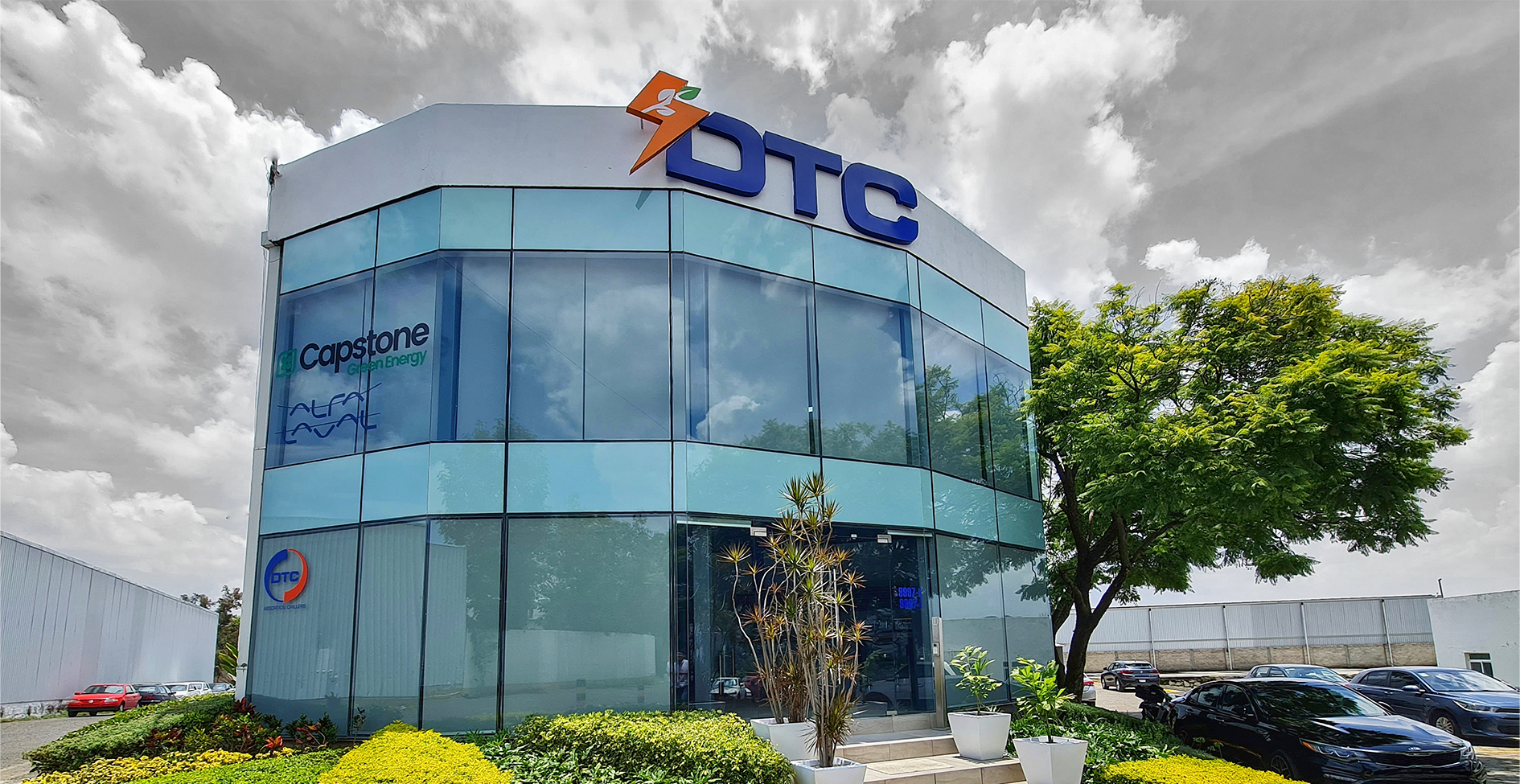Principles and characteristics of an electricity generator
Electricity generator for reliable and efficient power. Explore cutting-edge technology in electricity generation.
Por: DTC MACHINERY EN
Publicado el 17 de enero de 2024
Electricity Generator; Principles and Characteristics
In a world increasingly dependent on energy, having a reliable source of electricity is essential to maintain the continuity of our daily and industrial activities. Electricity generators have emerged as an essential solution to ensure that operations do not stop, even when the main electrical grid fails or when additional power is required in specific situations. These devices are the backbone of energy resilience, transforming mechanical energy into electrical energy and ensuring that there is always a constant and secure supply of electricity.
An electricity generator is a device that converts mechanical energy into electrical energy. It is an essential part of the global electrical grid, providing the power we use to fuel our homes, businesses, and industries.
In this article, we will provide an overview of the principles and characteristics of electricity generators. The article will focus on the basic operating principles of generators, their features, advantages and disadvantages, as well as its industrial application.
The importance of electricity generators is further highlighted in the context of industrial applications. In these environments, any interruption in power supply can result in significant losses of production and, therefore, revenue. Modern industries rely heavily on these generators to maintain operational efficiency and avoid unplanned shutdowns. Additionally, in critical sectors such as healthcare, construction, mining and manufacturing, generators provide a vital power source for the operation of essential machinery and equipment.
Types of generators
There are several types of generators, each designed to meet different needs and applications. Portable generators are small and easy to carry, ideal for home use or outdoor activities. Standby generators are designed to provide emergency power to commercial and residential buildings during power outages. Lastly, industrial generators are high capacity and are used in factories, power plants, and other industrial applications where a continuous and reliable power source is required.

Operating Principle
The operating principle of an electricity generator is based on Faraday's law, which states that a voltage is induced in a circuit when there is a change in magnetic flux through the circuit.
Inside the electricity generator, magnetic flux is created by an electromagnet, generated through an electric current. The electromagnet rotates within a stator, which is a coil of wire. As the electromagnet rotates, the magnetic flux through the stator changes, inducing a voltage in the stator, creating an electric current.
Characteristics
Electricity generators can be classified based on various factors, such as the type of current they produce, the type of rotor they use, and the type of construction they have.
Type of Current
- Direct Current (DC) Generator: Produces a current that flows in one direction. Used in applications requiring a constant power source, such as in automotive power systems.
- Alternating Current (AC) Generator: Produces a current that periodically changes direction. Used in most electrical applications, as AC is easier to transport and distribute than DC.
Type of Rotor
- Synchronous Rotor: Rotates at the same speed as the magnetic field of the stator. Used in power plants and other applications requiring a constant output frequency.
- Asynchronous Rotor: Rotates at a different speed than the magnetic field of the stator. Used in applications where a constant output frequency is not required, such as portable generators.
Type of Construction
- Open Construction: Generator components are exposed to the air. Used in applications where the generator is not exposed to adverse weather conditions.
- Closed Construction: Generator components are protected by a casing. Used in applications where the generator is exposed to adverse weather conditions.
Additional Characteristics of Electricity Generators
In addition to the mentioned characteristics, electricity generators can also be classified based on other factors, such as:
- Power: Generator power is measured in kilowatts (kW), depending on the application's power requirements.
- Voltage: Generator voltage is measured in volts (V) and must be compatible with the load it is supplying power to.
- Frequency: Generator frequency is measured in hertz (Hz) and must be compatible with the electrical grid it connects to.
- Efficiency: Generator efficiency is measured as a percentage, indicating how efficiently it converts mechanical energy into electrical energy.
Advantages of Electricity Generators
Electricity generators offer several advantages, including:
- They are a reliable and consistent power source.
- They can generate electricity from a variety of energy sources.
- They can be used to provide backup power in case of a grid failure.
Applications
Electricity generators are used in a wide range of applications, such as:
- Electricity generation for residential, commercial, and industrial use.
- Backup power generation.
- Power generation for mobile applications, such as ships and aircraft.
The electricity generator is an essential device that plays a significant role in the global energy supply. By understanding the principles and characteristics of electricity generators, informed decisions can be made regarding their usage.
If you are interested in learning more about electricity generators, contact DTC Machinery. Our experts can help you find the right electricity generator for your needs.
DTC Machinery is an international company with over 17 years of experience in the energy sector. We are dedicated to providing solutions to industries to reduce their expenses in electricity and thermal energy (cogeneration).
We offer a wide range of electricity generators. Contact us now!
